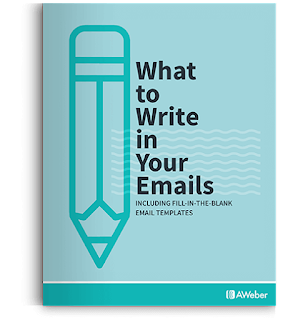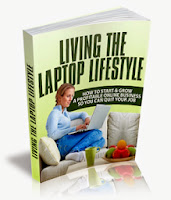I love having a list of subscribers that I can keep in touch with.
But sometimes I have to fire them and unsubscribe them from my list. And if they're really persistent and try to re-subscribe, I block them too.
But why would I do this? Isn't having thousands of subscribers the way that writers make money?
Yes...but...
Using an email marketing service isn't cheap. And I get charged for how many subscribers I have.
So to protect myself and keep costs down, I sometimes (regrettably) have to fire subscribers.
And below are 3 types of subscribers that I fire.
1. Bad Customers. These are people who buy my products but don't even know how to download them, so they repeatedly email me about it, and not in a polite way either. Sometimes they send several abusive emails in less than an hour, while I'm asleep (different time zones).
2. Too Friendly. Sometimes I get subscribers who think they're my friend and every time they receive an email or blog post, they reply to it as though I sent them a personal message, and they tell me all their private family business. They also get annoyed if I don't become email buddies with them.
3. Clickless. Now and again I check my email stats and look at anyone who hasn't clicked on a link in one of my emails in over a year. This usually happens because the someone is deleting all my emails unread, or they're not interested in anything I provide a link to, not even the free ebooks, audios and other freebies. Either way, they don't want my emails so I unsubscribe them.
But like I said earlier, I love having subscribers that I can keep in touch with, but it comes at a high price and I don't want to pay for verbal abuse, email pen pals I don't want or those who have no interest in hearing from me.
Thankfully, 99.9% of my subscribers are decent intelligent, hard-working writers.
And THEY are why I don't mind paying a yearly fee to my email service provider.
And if you have an email list and some of the people on it don't really want to hear from you, but for whatever reason they don't unsubscribe, don't be afraid to remove them from your list. Because not doing so is costly.
----------------------------------------------------------
Get two free ebooks to help you with your own email marketing by clicking on the two images below.









